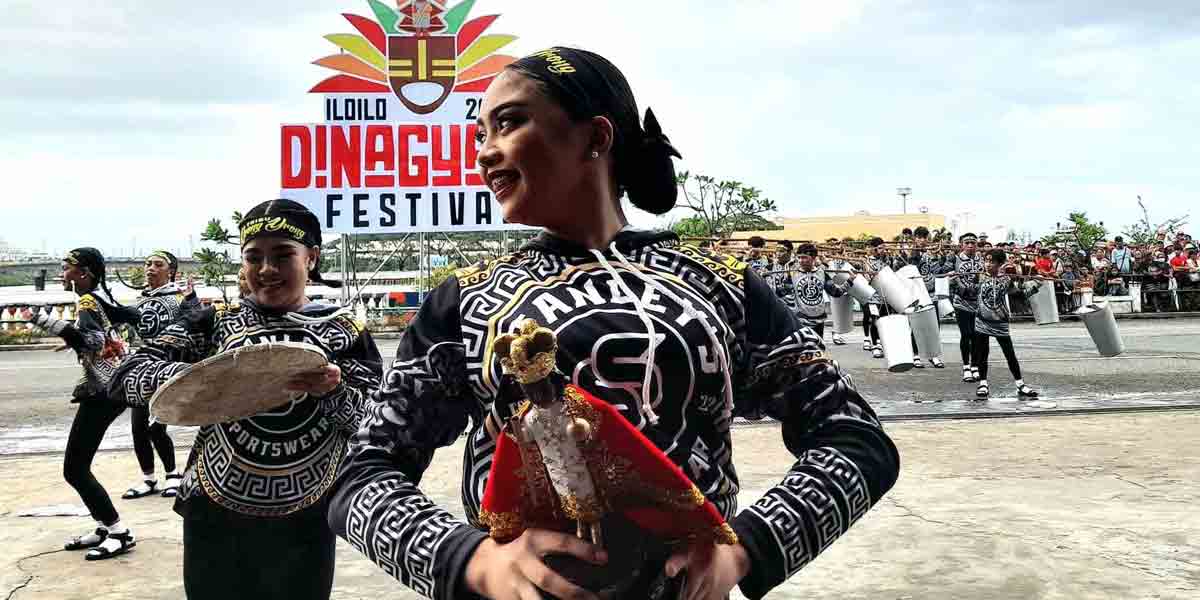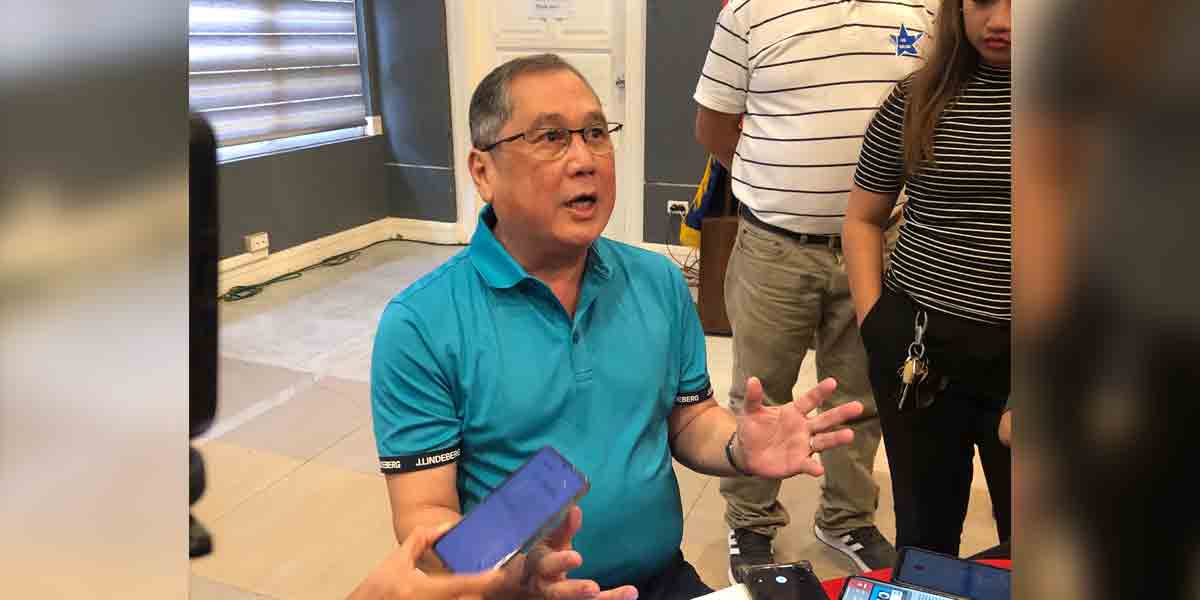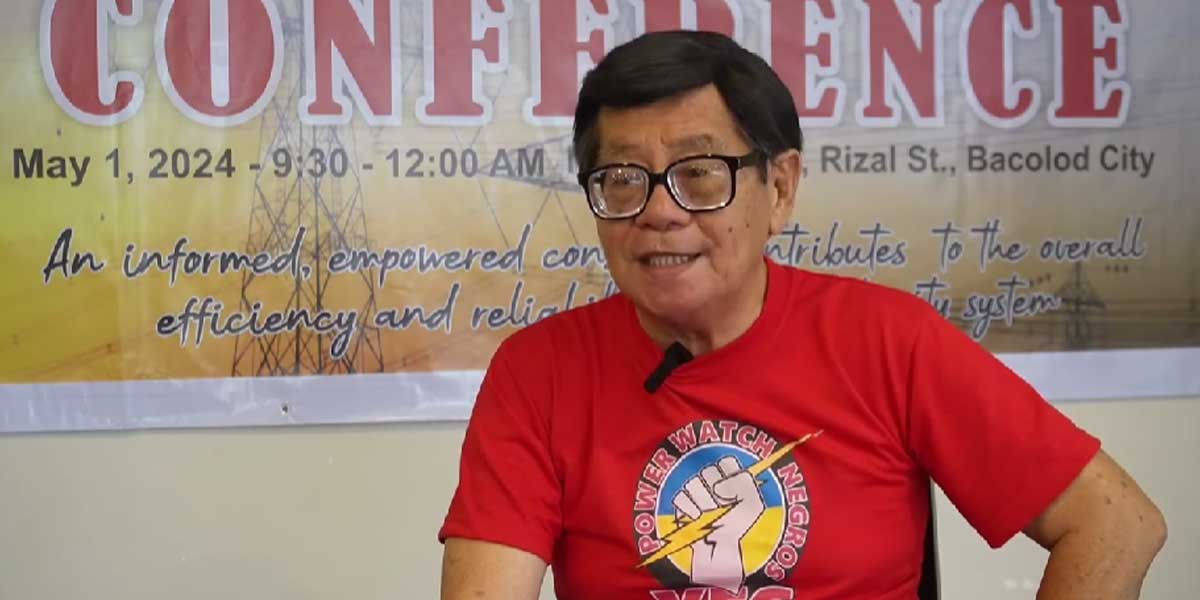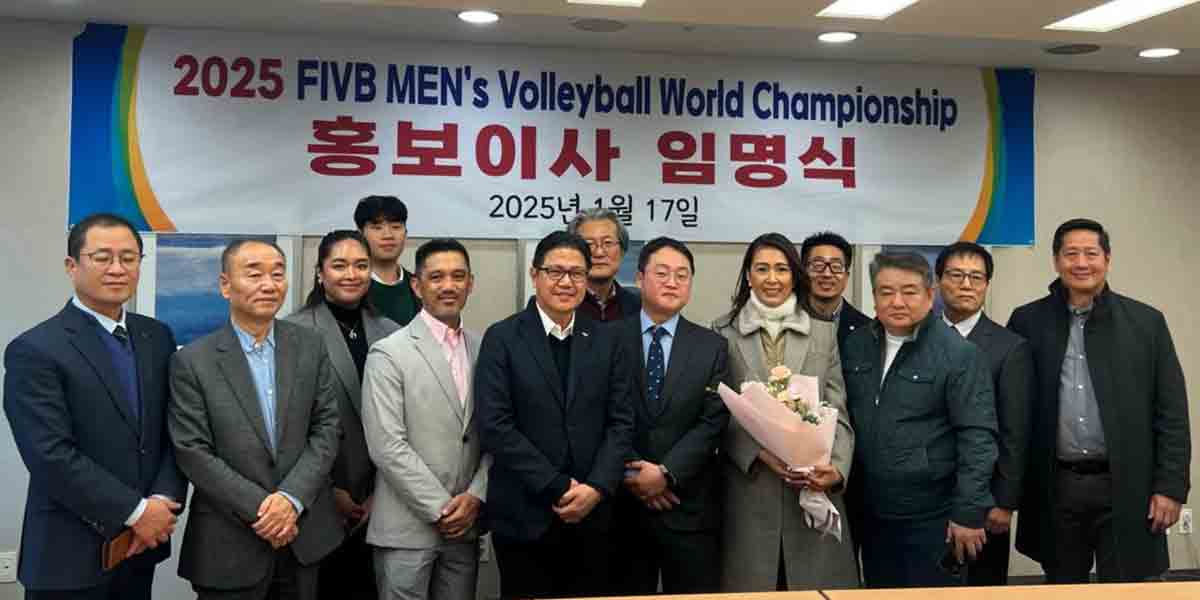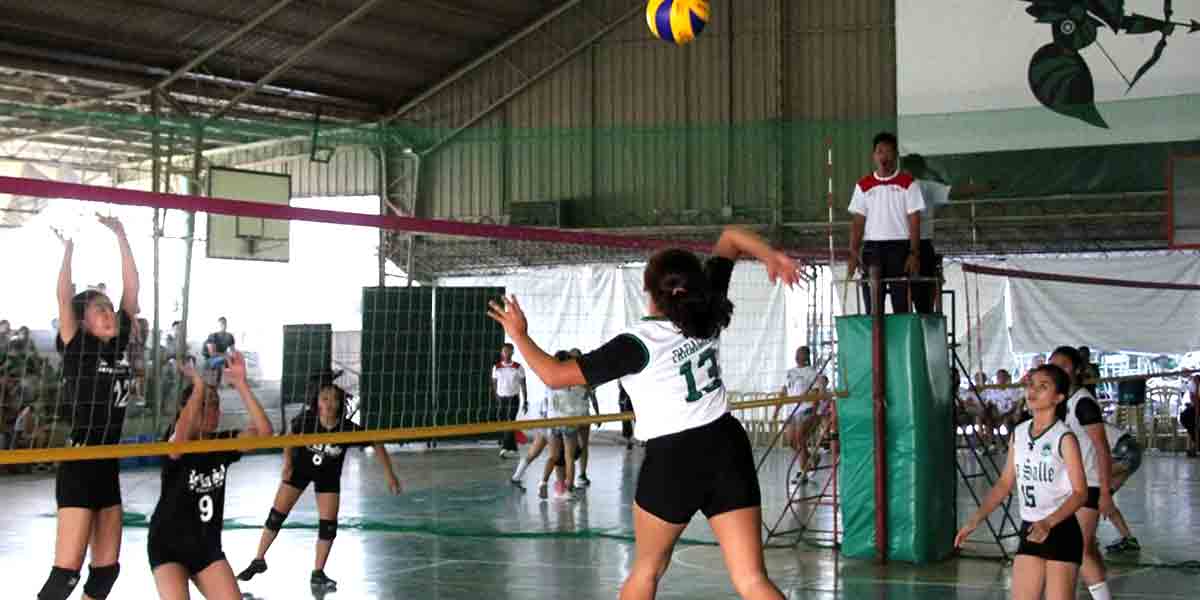
By Rossea H. Ledesma
Fish farms and hatcheries need proper management to prosper, thus, experts from the Southeast Asian Fisheries Development Center Aquaculture Department (SEAFDEC/AQD) are offering aquaculture trainings with first-hand coaching to fish farmers, businessmen, and aquaculturists.
The aquaculture trainings have lectures, practical activities, and field trips with about 80 percent of the training sessions devoted to practical activities supervised by SEAFDEC/AQD scientists and experienced personnel.
These training courses offered by SEAFDEC/AQD include hatchery, nursery, and grow-out culture of commodities such as catfish, giant freshwater prawn, tilapia, sandfish, carp, abalone, seaweeds, marine fish species (grouper, milkfish, pompano, rabbitfish, sea bass, and snapper), and mangrove crab. Site selection, design and construction of a hatchery and a pond are also among the special topics included in the training courses.
“We translated our science-based aquaculture technologies into training packages for the adoption of aquaculture stakeholders and to uphold our mandate of developing and strengthening the capacities of the aquaculture sector,” said Dr. Edgar Amar, head of the Training and Information Division.
SEAFDEC/AQD also has courses focused on fish health diagnostics and feed formulation and preparation that are offered upon the request. These topics are also covered by other aquaculture training courses.
The training courses are based on decades of scientific research and verification programs and are conducted at SEAFDEC/AQD’s main station in Tigbauan, Iloilo that is well-equipped with training facilities, research laboratories, and hatchery and broodstock facilities.
Some training activities are conducted in other stations such as the Binangonan Freshwater Station in Rizal, the Dumangas Brackishwater Station in Iloilo, and Igang Marine Station in Guimaras.
“With the aim of boosting the aquaculture sector for food security, we always welcome those who want to train with us and we keep our lines open if they need further assistance after the training,” said Dan Baliao, chief of SEAFDEC/AQD.
More information, including the schedule of SEAFDEC/AQD’s aquaculture training courses, can be accessed at www.seafdec.org.ph/training.

